A UNIQUE ACCENT IN HUE
Located about 40 km southeast of Hue city center, My Loi village is situated in Giang Hai coastal commune, Phu Loc district (Thua Thien-Hue province). Upon arriving in the village, we met a woman whose accent was distinctly different from most people in Hue.
"Who are you looking for? Are you looking for Mr. Long? I don't know if Mr. Long is home," she asked again when she heard us asking for the house of the village head, Luong Thanh Long.
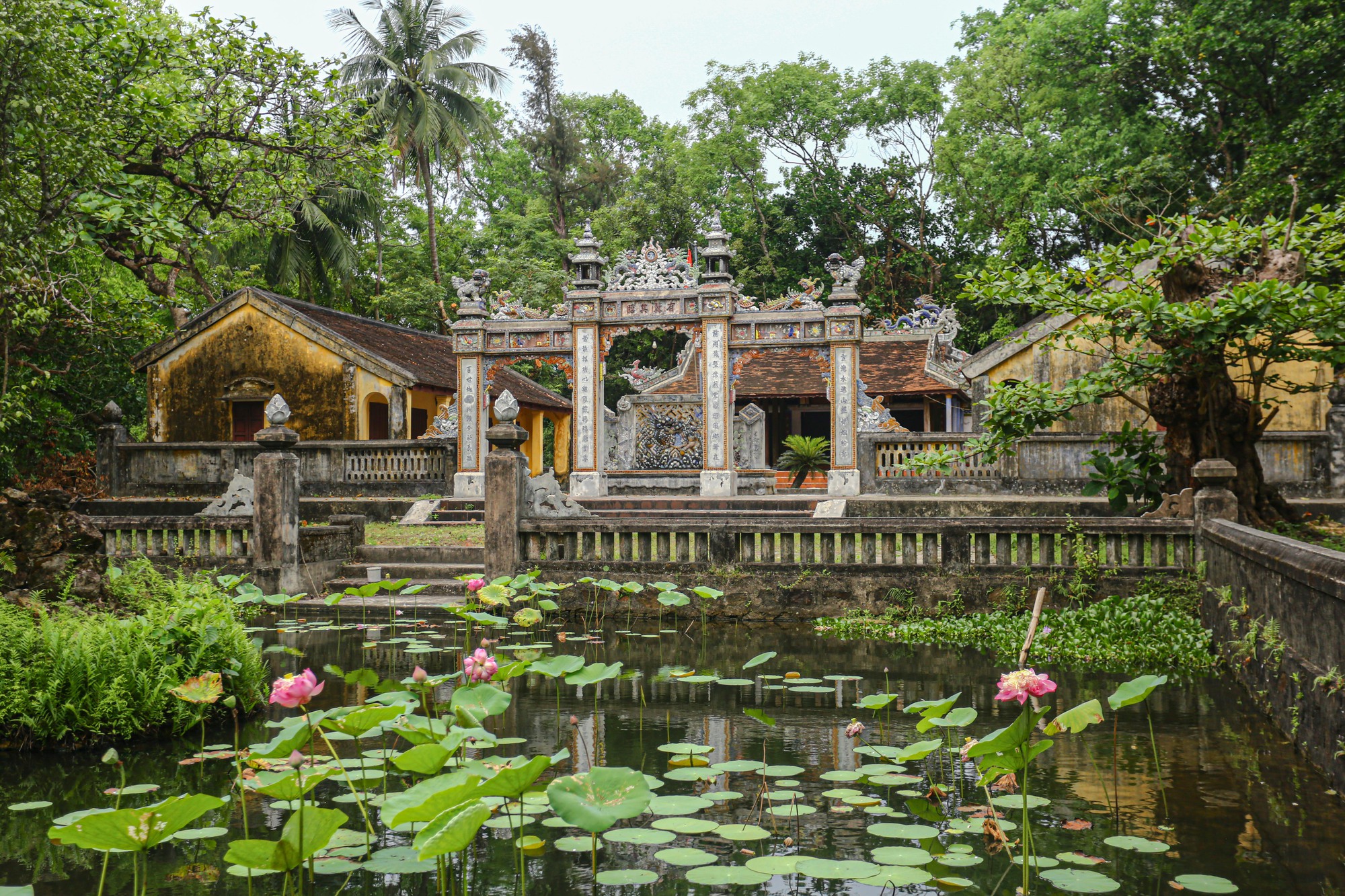
My Loi Village communal house
The accent of people from Hue generally falls within the Central Vietnam accent region, from Thanh Hoa to Thua Thien-Hue, sharing common features such as: "mo" (where), "te" (that), "rang" (why), "rua" (like that)... but it is "lighter" and uses more local dialect words. However, the accent of people from My Loi village has a different timbre, with many melodious and varied tones. Therefore, many people believe their accent resembles that of Quang Nam. Some explain that because the pioneers of this land had lived in Quang Nam for a time, they returned due to difficulties, resulting in an accent that "mixed" with Quang Nam.
Numerous studies have been conducted on dialects, offering various interpretations. Here, we will try to hear from the people of My Loi village themselves about the history of their language.
Mr. Nguyen Hai (76 years old), former head of the village's ceremonial committee, said that the descendants of My Loi village originally came from Luong Niem village, Quang Xuong district, Tinh Gia prefecture, Thanh Hoa province. "The accent of the people of My Loi village is confined to the village, and through generations, they continue to speak this accent, passing it down to the present day. The accent of the people of My Loi village is distinctive, and even now, the accent here is not Quang Nam or Da Nang , and especially not Hue. Even when the villagers go far away, they still speak this accent, without changing it. If the parents speak the My Loi dialect, the children speak the My Loi dialect. We went to Thanh Hoa, to Sam Son, and found that they also spoke with an accent similar to My Loi village," Mr. Hai shared.
Mr. Doan Nhuan (former representative of the Thua Thien-Hue Provincial People's Council, a native of My Loi village) also conducted many field trips to study the accent of the people of My Loi village. "The accent, vocabulary, and distinctive intonation of the people of My Loi village are not mixed with anyone else's accent; they retain the original accent from Luong Niem village (Thanh Hoa province) from the time when the pioneers settled and established the village," Mr. Nhuan said.
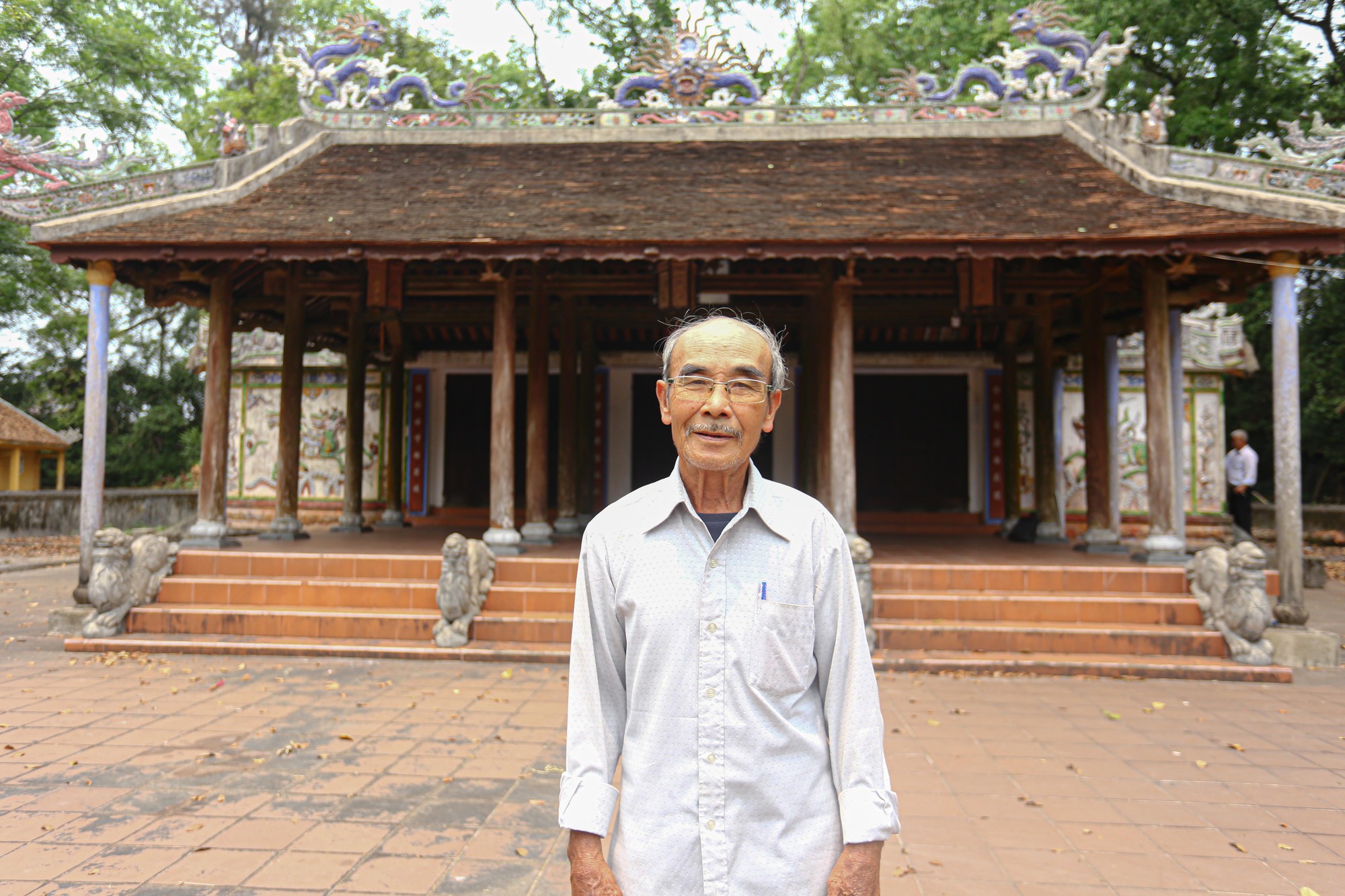
Mr. Luong Thanh Long, head of My Loi village, introduces the village.
VOICE PRESERVATION
According to the My Loi Village Gazetteer (Thuan Hoa Publishing House), My Loi village was formerly My Toan ward, officially established in the year of Nham Tuat (1562), the 5th year of the Chinh Tri era of the Later Le Dynasty. The village's genealogical record also states: "Eight founding ancestors of our village, bestowed with the title of Duc Bao Trung Hung Linh Pho, and granted the additional title of Doan Tuc Ton Than, were from Luong Niem village, Thanh Hoa province. They were originally part of the army, serving under Lord Tien (i.e., Emperor Gia Du of our dynasty, Nguyen Hoang) in governing Thuan Hoa (now Thua Thien). After the military affairs were settled, they submitted a petition to claim a portion of our hamlet's land (east bordering the sea of My A commune; south bordering Nghi Giang and Don Che; west bordering the three communes of Diem Truong, Phung Chanh, and Luong Vien; north bordering the sea and An Bang hamlet) and named it My Toan ward (later renamed My Loi hamlet) to be passed down for generations."
In addition to the above documents, according to oral tradition of the founding families, the eight founding figures were soldiers who resided and worked in a large, ten-room house in the Long ravine. The names of the eight founding figures recorded in the village's ancestral register are: Lê Văn Dài, Trương Văn Trực, Nguyễn Văn Đẩu, Nguyễn Bá Niên (sometimes recorded as Nguyễn Văn Niên), Đỗ Văn Lịch, Sào Văn Liễu, Đoàn Văn Bài, and Trần Văn Nghĩ (Nghĩa). The founding register also indicates that they belonged to the "Loyal and Righteous Army," contributing to the work of the Lord's Palace, and their descendants were therefore exempted from corvée labor.
The Đại Nam Liệt Truyện (compiled by the National History Institute of the Nguyễn Dynasty) also records: "In the winter of the 3rd year of Canh Thân (1560), a coastal outpost was established to guard the coastal region (at that time, the Mạc army frequently raided Thanh Nghệ by sea, so precautions had to be taken). Thus, the eight founding ancestors of Mỹ Lợi village were originally a border guard unit, guarding the coastal area. After completing their duties, they submitted a petition to establish a ward to settle down and stabilize their lives."
Mr. Doan Xua (80 years old), a former member of the My Loi village ceremonial committee, said that the village was formerly called My Toan, but later changed its name to My Loi, meaning "my" (beautiful) and "loi" (favorable, prosperous).
"My Loi village has a unique feature that no other village possesses. In the middle of the village, there's a water source that flows in two directions. One branch flows upstream and the other flows downstream. These two water sources surround and converge at My Loi market, creating a distinct feng shui location. The site where the village communal house is built is also surrounded by two beautiful stretches of sandy land. Because the village originated from a rural area in Thanh Hoa province and its unique geographical location, with minimal population changes throughout history, the villagers have preserved the original dialect of their ancestors," Mr. Doan Xua affirmed.
Mr. Luong Thanh Long (74 years old), who has been the village head since 2011, with his deep, resonant voice resembling the Quang Nam accent, slowly expressed that the people of My Loi village are always proud of their accent.
Mr. Nguyen Hai, former head of the ceremonial committee, also affirmed that it is thanks to this distinctive accent that the people of My Loi can recognize each other no matter where they go. "From that, they love and support each other more, love their homeland more, and more people are getting to know My Loi village," Mr. Nguyen Hai shared.
(to be continued)
Source link


![[Photo] Closing Ceremony of the 10th Session of the 15th National Assembly](/_next/image?url=https%3A%2F%2Fvphoto.vietnam.vn%2Fthumb%2F1200x675%2Fvietnam%2Fresource%2FIMAGE%2F2025%2F12%2F11%2F1765448959967_image-1437-jpg.webp&w=3840&q=75)







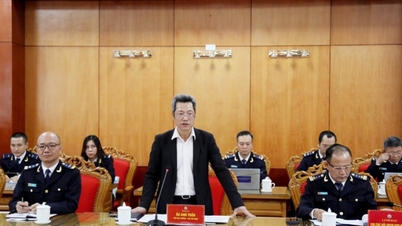


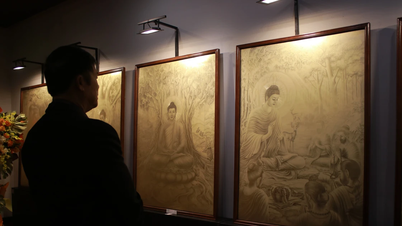

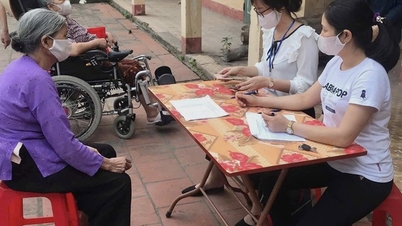
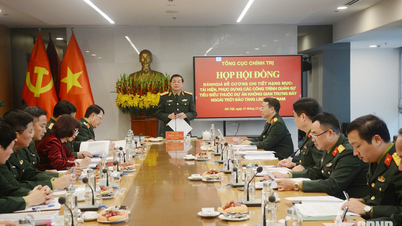






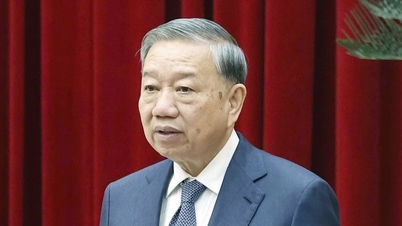
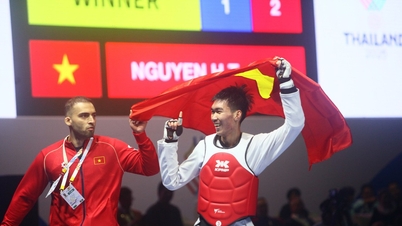
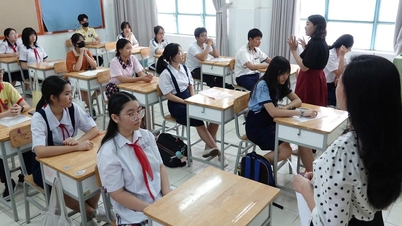


















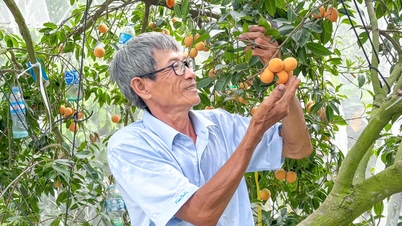

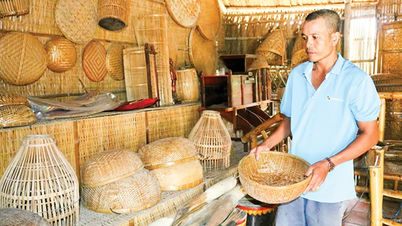

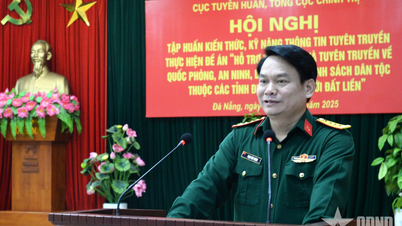


![[OFFICIAL] MISA GROUP ANNOUNCES ITS PIONEERING BRAND POSITIONING IN BUILDING AGENTIC AI FOR BUSINESSES, HOUSEHOLDS, AND THE GOVERNMENT](https://vphoto.vietnam.vn/thumb/402x226/vietnam/resource/IMAGE/2025/12/11/1765444754256_agentic-ai_postfb-scaled.png)












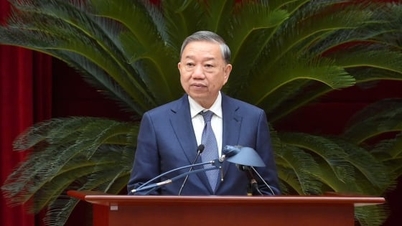




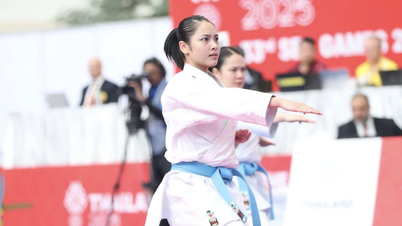
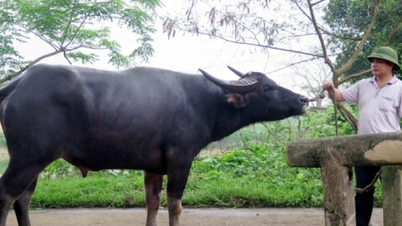

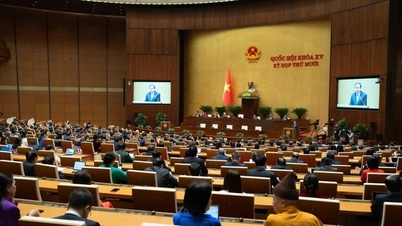

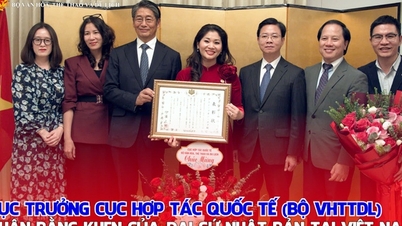

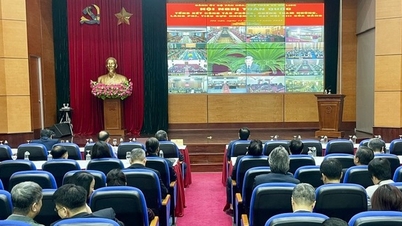

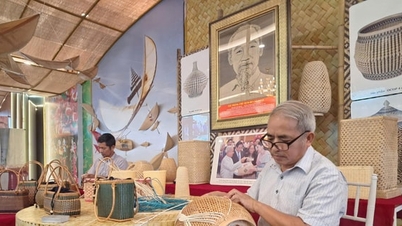

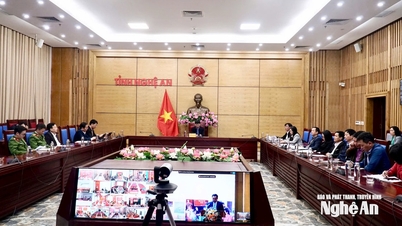

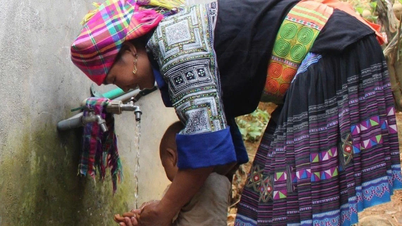

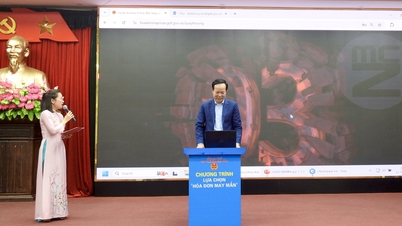

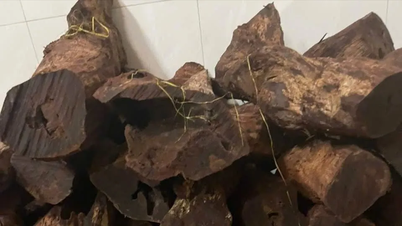

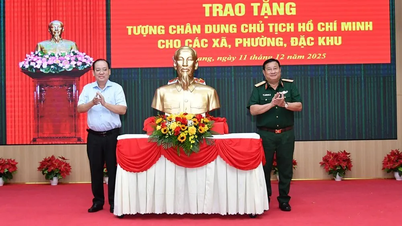










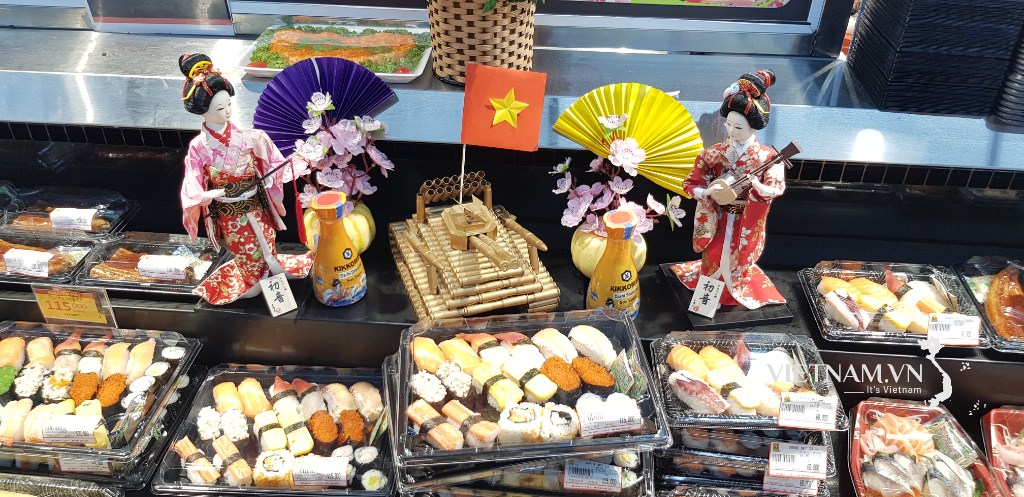


Comment (0)